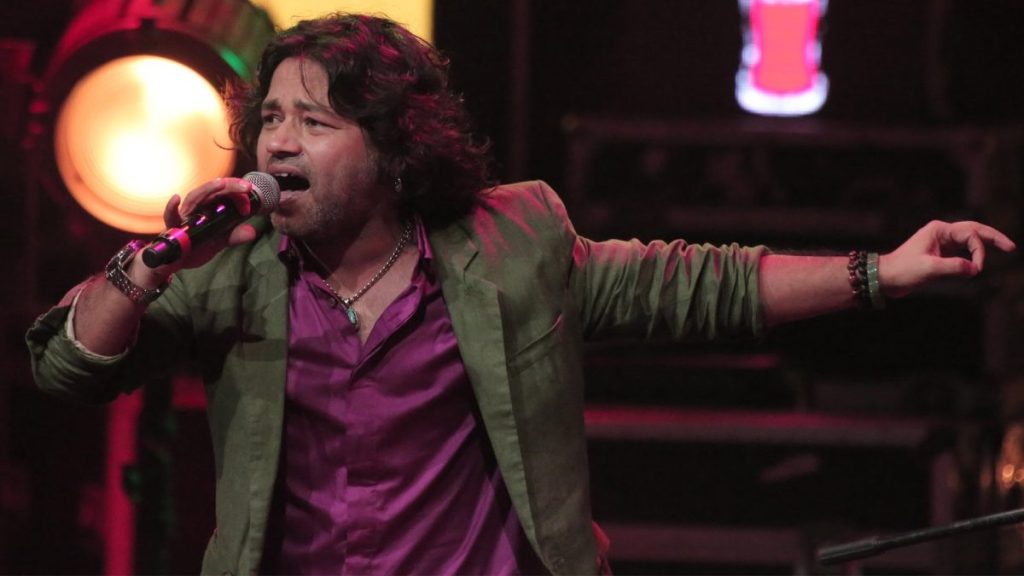
Professor Matthew Rahaim - Class of 1960 Music Lecture
Thu, April 28th, 2022
4:15 pm
- This event has passed.

Professor Matthew Rahaim offers a Class of 1960 Music Lecture in Bernhard Music Center titled, Filmi, Sufi, Coca-Cola: Shifting Vocal Populisms in North India.
This talk listens carefully to two moments of public vocal change in India.
The first moment was the meteoric rise of Lata Mangeshkar, “Daughter of the Nation,” who recorded over 5,000 songs from 1942 to 1990. Her sweet, delicate tone (beloved from Bombay to Jakarta, from Tehran to Mogadishu) took the Hindi film industry by storm. Lata’s voice was popularly construed as the quintessential expression of Indian femininity, sounding out sweet and innocent in stark contrast to the brasher, broader voices associated with courtesan singers. The tone she developed became a model for female singers across a wide range of genres. Indeed, by the 1980s, it was possible to make a living as a “copy artist” singing only, and explicitly, “in the voice of Lata.”
This strange moment (moment #2), when everyone seemed to be imitating Lata, alarmed critics. It evoked a range of public debates about Lata’s voice, the putative femininity it announced, and the dangers of its reproduction. As a new popular music sphere opened up in the liberalized economy of the 1990s (featuring grittier, rougher voices, assertive women, rural folk musicians, and charismatic dervishes) Lata’s voice was construed as fake, weak, or even oppressive. One new, ethically proper figuration of voice was what has come to be known popularly as “sufi” voice. The pop sufi movement (which has little to do with the activities of actual Sufi brotherhoods) has spread rapidly across the Hindustani ecumene in the early years of the 21st century, ringing out in coffeehouses and on glittering stages, ranging from indie “sufi rock” to blockbuster film soundtracks. To sing pop “sufi” is to inhabit an entirely different way of voice than a “copy artist;” it is to sing is to sing high, loud, and true, in an entirely different moral universe—its subject is a sovereign individual at odds with a social order, answering only to an inner truth, expressed boldly in song. Like Lata’s voice, it seems to evoke a populism that cuts across caste, class, and religion. It thus evokes its own ethical contestation about selfhood, belonging, relationality, and devotion.
=============================
Matt Rahaim a performing Hindustani vocalist in the Gwalior tradition, trained under Vikas Kashalkar and L.K. Pandit. He is Professor of ethnomusicology at the University of Minnesota, with affiliate appointments in Cultural Studies & Comparative Literature and Religious Studies. His first book, Musicking Bodies: Gesture and Voice in Hindustani Music (2012) dealt with bodily-vocal disciplines among Hindustani vocalists. His second book, Ways of Voice: Ethical Contestation and Vocal Striving in North India and Beyond (2021), investigates the ethical-vocal worlds of Bollywood singers, qawwals, classical vocalists, and practitioners of the eclectic contemporary styles known as “singing Sufi” and “singing Western.” Matt’s recent theoretical essays include “Not Just One, Not Just Now: Voices in Relation” in the Oxford Handbook of Phenomenological Ethnomusicology and “Object, Person, Machine, or What: Practical Ontologies of Voice,” in the Oxford Handbook of Voice Studies.
Event/Announcement Navigation
- « Black Life in “Paradise”: A Conversation with Nitasha Tamar Sharma
- Log Lunch: Climate Change & Greenland: Environmental Impacts of the Cold War »